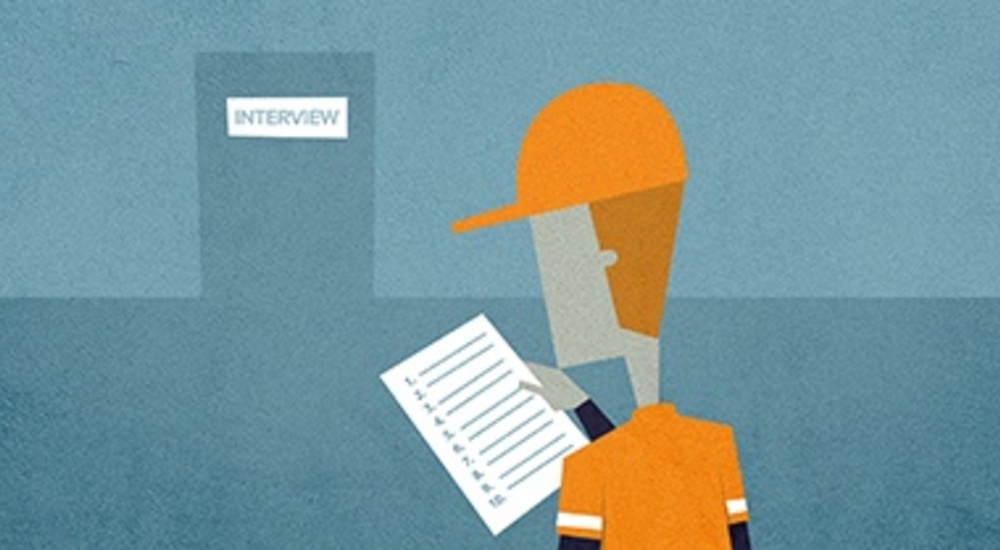
10 great questions to ask in a job interview
Whilst a job interview often makes you feel like you are under the spotlight, remember it is a two-way street. Yes your interviewer wants to know as much as possible about you and your suitability to a role, but you also want to learn more about the company to ultimately determine whether you see yourself being happy and successful in that role.
To help with this, always have a short list of open-ended questions prepared before your interview so that when asked (and you certainly will be asked) “do you have any questions for me?” you don’t sit and stare back blankly. Being prepared with some insightful questions will present you as a candidate who is interested, thoughtful and intelligent.
Some quality questions that demonstrate your genuine interest in the role/company are:
1. Can you give me some insight into your company’s culture?
This will give you an idea of what it is like to work as part of the team and whether this aligns to what you are looking for in your next role. It also demonstrates to the interviewer that you are keen to learn more about the day to day interactions in their business.
2. What would a typical day or week in this role involve?
Knowing daily or weekly task highlights is a really important precursor to accepting a job. This is always good to hear from your potential employer’s mouth versus a written job description as they are likely to summarise the most key/important tasks expected to be delivered.
3. What is the team structure?
If the role sits within a team, it is useful to know which other members make up the team, what their respective roles are, and how the team fits into the bigger picture. This will give you a better understanding of how you are likely to be interacting and working with other team members, in your role.
4. What opportunities are there for professional development or career advancement?
This shows you are looking for long-term growth with a company and keen to develop to the best of your abilities. If the company has nothing to offer you in response to this question, then that is a warning sign that they may not be the type of employer you are looking for.
5. If I were to start tomorrow, what would be the first priority?
Whether a position is vacant or a new role has been made, the company will have one pressing reason to be recruiting right now. What is that reason? What will they need you to get right on top of as soon as you start? Asking this will show that you’re results-orientated and ready to dive straight in.
6. What sort of improvements could you see me to bringing to this role?
Regardless of the current job design, there are likely to be some additional hopes for what you will bring to the role. You need to know what they are, and you need to show your potential employer that you’re ready to impress.
7. How is performance measured in this role?
Ask your interviewer about both the strategic goals and the day-to-day items that they see success in the role being measured against. This highlights that you are focussed on delivering these to the employer.
8. Why has this position become available?
This can give you great insight into how the company operates or where they are in their growth plan. Perhaps the person previously holding the position has been promoted, showing that there are opportunities available for you, or they may have left and the company might be willing to share their reasons for doing so. If it’s a new position, this question will open up a conversation about why the role is being created.
9. Is there anything else you’d like me to expand on?
Find out if your interviewer still has questions about you or if there is anything they would like further clarified.
10. What’s the next step in the process?
Save this one for last: it’s perhaps the most important question, and one that will close the interview on an active note. Find out when you are likely to hear back, whether there is another interview involved, or if the decision will be made shortly. Then, be sure to follow up on the dates you’ve been given.
Remember a job interview is as much about a company selling itself to you as you to it. Be assertive and ask questions as you feel appropriate, to keep an interview a two-way flow of information. If all your questions were answered during the interview process, simply let the interviewer know what questions you had, and that they've already been answered.
